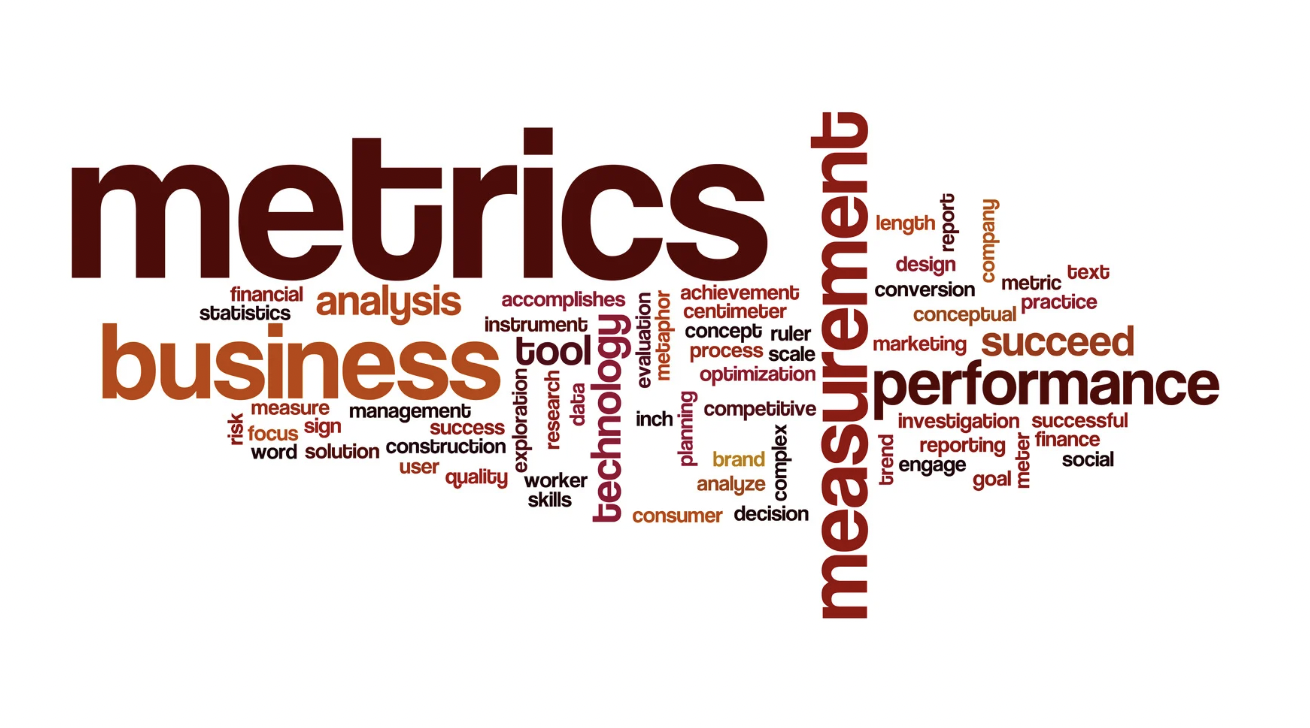Philanthropy vs. Politics: How Nonprofits Can Stay Strong During Election Cycles
The 2024 presidential election is two weeks away. Does that have you feeling anxious as a nonprofit leader?
You aren’t alone.
Many, if not all, nonprofits feel anxiety and stress surrounding presidential elections particularly in today’s polarized political climate. Is your mind racing with…
- Fear that charitable giving may decline given rising political contributions
- Wonderings about how to handle your fundraising efforts – do you ask, do you pause
- Uncertainty about how to combat donor hesitation
- Questions about how, or if, to engage with donors in identifying and addressing political concerns
Mission Advancement specializes in people-centered fundraising that strengthens donor relationships, even in politically charged times. Our experience, combined with data from multiple election cycles, shows that nonprofit giving remains resilient, despite these political challenges. And, most importantly, our methodology and hyper-focus on relationship-based strategies helps organizations shield their fundraising performance from political uncertainty.
In this article, we explore trends in individual giving during election years, the impact of political transitions, and how nonprofits can navigate donor hesitation with personalized strategies to sustain strong fundraising efforts.
The Resilience of Philanthropic Giving in Election Years
Despite common fears, historical data suggests charitable giving does not experience a significant decline during presidential election years.
According to research from the Lilly Family School of Philanthropy, individual giving has increased in nine of the last ten election years, with the only exception being 2008—a year affected by the global financial crisis, not the election itself.
Political giving spikes in the months leading up to an election but represents a small fraction of total giving. For instance, according to data from Think Advisor and Follow the Money, in 2020 political contributions reached $14 billion, while charitable giving reached over $470 billion.
This shows that while political donations increase, they do not significantly “crowd out” charitable contributions, as donors tend to compartmentalize their giving, maintaining support for their preferred causes alongside political donations.
Polarized Elections and Donor Hesitation
In highly polarized election cycles, nonprofits may encounter donors who hesitate to give due to uncertainty about the future. This hesitation is often tied to concerns over tax laws, economic policies, or personal financial security, which can shift depending on which party is elected. However, even in these cases, charitable giving has proven to remain strong.
Many donors take a ‘wait-and-see’ approach during election years. This often happens when donors anticipate policy shifts that could affect their financial planning or philanthropic strategy.
Nonprofits may find that major gifts are postponed until after the election, as donors hold off on committing large sums until they know the outcome and feel more certain about the economic environment.
To counter this, it’s important to emphasize that your organization’s mission transcends political cycles. Your mission—whether education, social service, or ministry—is needed regardless of which party is in power.
By reinforcing your organization’s service and impact and your urgent need, you remind donors their contributions have an immediate and lasting effect. You reinforce the critical and ongoing nature of the need you serve and that their support is required now, regardless of the political climate.
Navigating Political Noise and Fundraising Competition
One thing that is true during an election year – requests for financial support from political candidates and causes amp up significantly. Donors are bombarded, and there is a lot of fundraising noise as individuals are constantly solicited for contributions.
And, while the increase in political giving doesn’t necessarily reduce charitable contributions overall, it can create more competition for attention and dollars.
This underscores the need for you and your organization to prioritize developing strong, personal relationships with your donors. It underscores a people-centered, relationship-based fundraising strategy.
The relationship work and donor engagement prioritized in non-election years serves your fundraising efforts well in an election year. Nonprofits that build meaningful, ongoing connections are more likely to retain donor support despite the noise of political campaigns.
Donor engagement and communication should not diminish, but rather continue with consistency, through election cycles and politically charged moments.
Tactics to Build Resilient Donor Relationships in Politically Charged Times
To ensure successful fundraising during election years, even amidst political uncertainty, consider the following strategies:
- Consistent, Personalized Communication Matters
While political campaigns ramp up during election years, your communication with donors should remain consistent. Keep donors updated and continue to remind your supporters their gifts have a direct, tangible impact on your mission.
And, critically, in politically charged times, the key to maintaining strong donor relationships lies in personalization. Segment your donor base based on interests and giving capacity, tailoring communications to each group.
For example, donors concerned about food insecurity might appreciate messages focused on how your organization meets food-related needs, despite potential political shifts.
- Deepen Engagement Beyond Financial Asks
For donors who may be hesitant about financial contributions, deepen engagement through non-financial touchpoints. Consider volunteer opportunities or special events. Maintaining this connection ensures they remain invested in your mission, making it easier for them to resume or increase their giving post-election.
Seeking and creating opportunities for donors to engage with your mission beyond financial support deepens their connection to the work you do and ensures they feel valued no matter the political climate.
- Empower Peer and Leadership Outreach
Leverage your board members and volunteers to engage with donors personally. For those who may be feeling hesitant due to the election, personal outreach from leadership, board members, fellow volunteers, or when appropriate, program leaders, may be more effective than mass appeals.
A peer-to-peer connection often resonates more with donors, and for those who are tentative, creating a sense of shared responsibility and support for your mission can go a long way. Empowering trusted voices and peer connections can strengthen relationships and increase engagement.
- Address Concerns Openly
If you know some donors are holding back due to election-related uncertainty, consider addressing their concerns head-on. Honest conversations foster trust and can open the door to creative solutions that keep donors engaged.
When nonprofits take the time to understand a donor’s specific situation, they can work together to find creative solutions that allow the donor to continue supporting the mission. For example, if a donor is worried about liquidity or future financial uncertainty, nonprofits might suggest alternative giving strategies, such as recurring donations or smaller gifts spread out over time.
This type of transparent and personalized conversation deepens the donor’s relationship with your organization. It shows that you value them not just as a financial resource but as a true partner in fulfilling your organization’s mission. It positions you as a problem-solver, ensuring their support is meaningful and manageable, even during uncertain times.
Thriving Fundraising Through Political Uncertainty
While election years may create temporary uncertainty, philanthropic giving has consistently proven to be resilient. Even amidst political transitions and donor hesitation, nonprofits that focus on building strong, personalized relationships will find success.
Political cycles come and go, but your organization’s mission remains constant. By staying engaged with donors and addressing concerns openly, you can navigate the challenges of election years while keeping your fundraising efforts on track.
At Mission Advancement, our people-centered approach helps nonprofits foster strong donor relationships that weather any political transition or uncertainty. We prioritize personalized, meaningful engagement to ensure your organization continues to thrive.
The key – take proactive steps to personalize donor outreach today. Address potential concerns and reinforce the long-term importance of your mission. These efforts will keep your fundraising strong, regardless of political outcomes.
Want to learn more about how to apply this approach and these strategies to your organization, schedule a call with us today.



